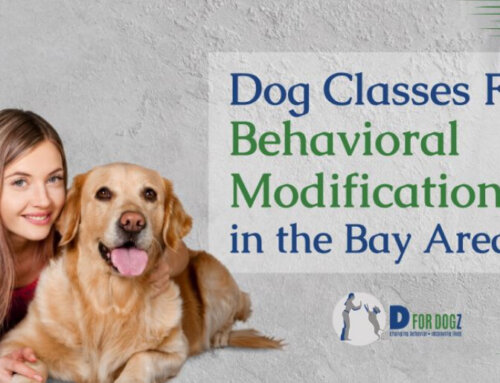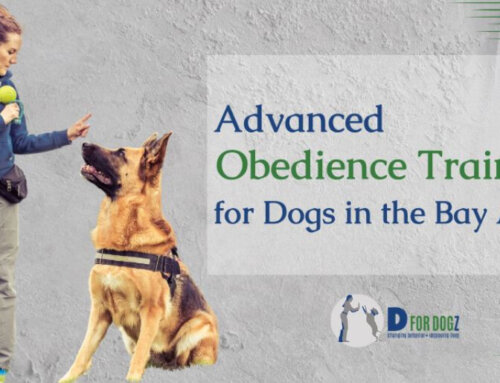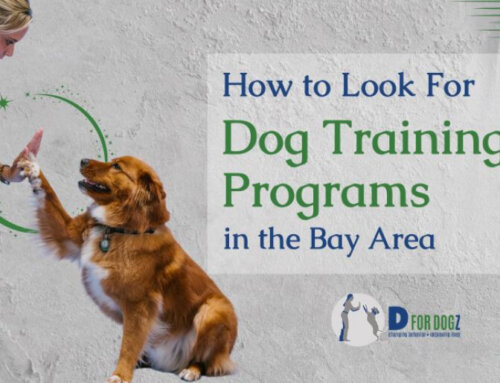Common Puppy Socialization Mistakes to Avoid For Owners in San Jose
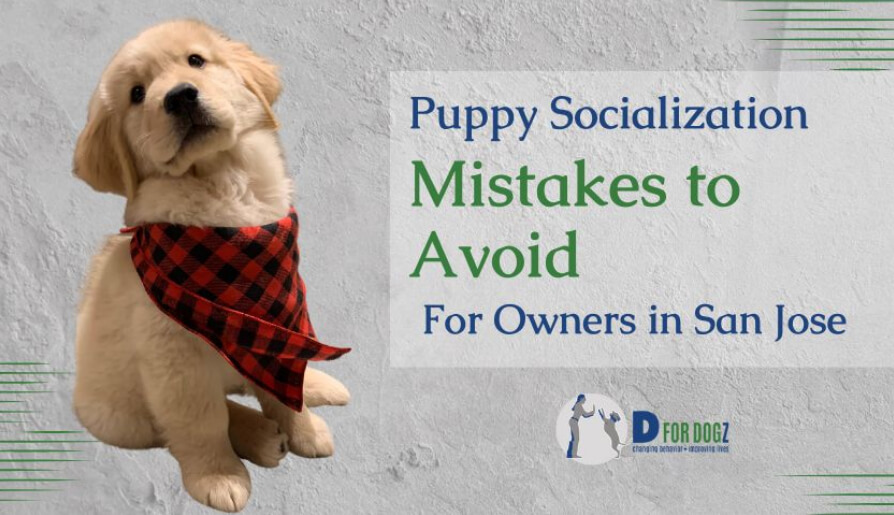
Understanding the critical nature of puppy socialization is essential for every dog owner. It lays the groundwork for a dog’s future behavior, social skills, and emotional health. However, despite the best intentions, puppy owners often need help with the socialization process. Common mistakes include inconsistent socialization efforts, exposing puppies to overwhelming or negative experiences, and misjudging the timing for introducing new experiences.
In San Jose, the process of socializing a puppy demands a strategic approach. Owners must seek out positive experiences that contribute to their puppy’s growth, ensuring each interaction builds confidence and sociability. By avoiding these common socialization mistakes and tailoring the socialization process to the unique environment of San Jose, owners can help their puppies develop into well-rounded, confident dogs.
Key Takeaways
- A consistent tone of voice is crucial for clear communication and building trust with puppies.
- Puppies should not visit dog parks or pet stores before being fully vaccinated to avoid health risks and overwhelming experiences.
- Puppies benefit from staying with their mother and littermates until at least 7-8 weeks of age to learn essential social skills and behaviors.
- Gradual introduction to new experiences, without overwhelming them, is key to successful puppy socialization.
- Planning and tailoring socialization activities to a puppy’s developmental stage and temperament helps ensure positive and safe learning experiences.
Mistake #1: Inconsistent Voice Tone
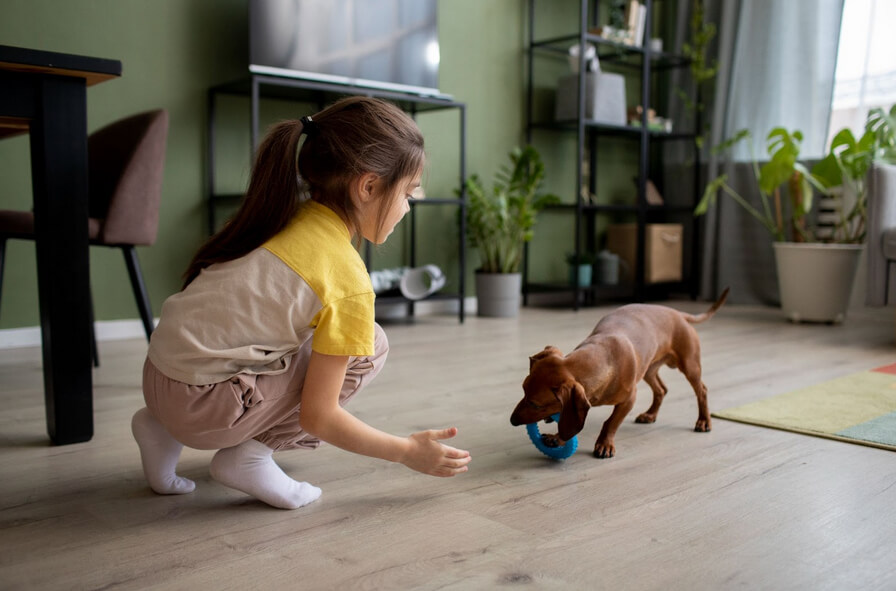
Using inconsistent voice tones can confuse and stress puppies, as they are sensitive to caregivers’ tones. Mixed signals from changing tones make it hard for them to understand expectations. A consistent, calm voice builds trust and security, aiding in clearer communication and making it easier for puppies to respond to training by recognizing praise or correction.
For instance, using a cheerful tone to call a puppy for a meal and then a harsh tone for calling them indoors can send mixed signals, making it hard for the puppy to associate actions with positive or negative outcomes.
Advice:
To foster a secure and trusting environment, maintain a consistent tone of voice in your interactions. This does not mean you need to be monotonous; instead, it’s about keeping your voice’s emotional tone steady and predictable. Use a firm, gentle voice for correction and a warm, encouraging tone for praise. This consistency helps them recognize when they’re being praised or corrected, improving their learning.
Mistake #2: Dog Park Visits Too Early
Taking puppies to dog parks before they’re fully vaccinated poses health risks like parvovirus and distemper due to exposure to other dogs and contaminated areas. Additionally, the unpredictable nature of dog parks, with dogs of varying sizes and behaviors, can overwhelm puppies, potentially leading to fear or aggression from negative encounters.
Advice:
To safeguard your puppy’s health and ensure positive socialization experiences, opt for controlled playdates with friends or family members who have healthy, fully vaccinated, and well-behaved dogs. This setting allows for a safer environment where interactions can be monitored closely, and puppies can play with peers of similar size and play style.
Mistake #3: Visiting Pet Stores Prematurely
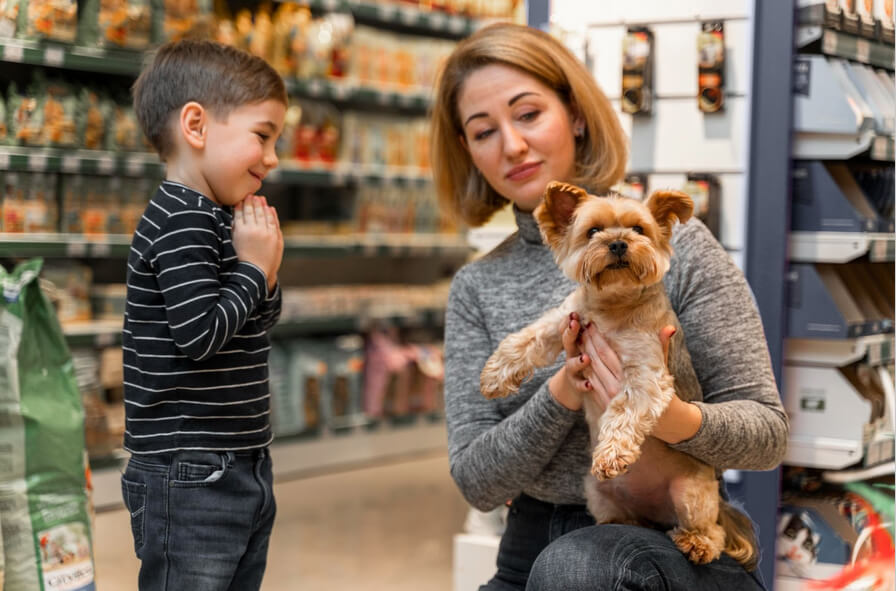
Taking puppies to pet stores before they’re fully vaccinated can expose them to health risks like parvovirus and kennel cough due to the high traffic of dogs. Additionally, the unfamiliar environment filled with new sights, sounds, and smells can overwhelm them, potentially leading to stress and impacting their confidence and behavior.
Advice:
To mitigate these risks, carrying your puppy in the store or waiting until they’ve received all their vaccinations before visiting pet stores is advisable. Carrying your puppy keeps them off the ground, reducing the risk of disease transmission and allowing them to observe their surroundings safely.
Mistake #4: Separating Puppies from Their Mothers Too Soon
Separating puppies from their mothers and littermates too early can impede their learning of critical behaviors and social skills, such as bite inhibition and dog-to-dog interactions. These early lessons are crucial and challenging to replicate outside their natural family setting, potentially leading to behavioral issues like anxiety and social difficulties.
These lessons, learned through play and interaction with their litter, are challenging to replicate in human care. In the formative weeks spent with their mother and littermates, puppies learn several vital behaviors and skills that are foundational for their development:
- Bite Inhibition: Puppies learn to moderate their bite force during play, ensuring safer interactions with dogs and humans.
- Socialization with Dogs: Early play teaches puppies to understand dog body language and social cues for healthy dog interactions.
- Impulse Control: Interactions with their mother and siblings help puppies learn patience and how to moderate their behavior.
- Stress Tolerance: Mild stress exposure helps puppies become more adaptable and less fearful in new situations.
- Hierarchy and Social Structure: Puppies learn about social order and boundaries from their family dynamics.
Advice:
Experts widely agree that puppies should remain with their mother and littermates until at least 7-8 weeks of age. This timeframe allows them to acquire the necessary social skills in a natural setting among their first canine family.
Mistake #5: Overwhelming Your Puppy

Overloading puppies with too many new experiences too quickly can overwhelm them, causing stress, fearfulness, and avoidance behaviors. Enthusiastic puppy owners, eager to introduce their new companions to the world, might not realize that what they perceive as exciting and beneficial can be quite stressful for a young puppy. Just like humans, puppies have varying thresholds for stress, and an overload of stimuli can lead to fearfulness, anxiety, and avoidance behaviors that are counterproductive to socialization goals.
Advice:
The key to successful socialization is gradually introducing new experiences and ensuring each one is as positive as possible. Start with low-key, controlled encounters that allow your puppy to explore at their own pace. Monitor your puppy’s body language closely; signs of stress include avoiding eye contact, tucking their tail, or trying to hide. If you notice these signs, it might be time to take a break and allow your puppy to relax.
The list below presents optimal positive reinforcement techniques to support your puppy’s social development:
| Positive Reinforcement Measure | Material to Use | Description |
| Treat Rewards | Small, healthy treats | Use treats to reward calm behavior and successful interactions during new experiences. Keep treats small and healthy to avoid overfeeding. |
| Praise | Verbal praise, petting | Offer enthusiastic verbal praise and gentle petting when your puppy behaves well in new situations, reinforcing positive behavior. |
| Playtime | Favorite toys | Engage in playtime with your puppy’s favorite toys after positive socialization experiences, linking fun play with new encounters. |
Mistake #6: Delayed Socialization
Delaying socialization past the critical window of 3 to 14 weeks can hinder a puppy’s development, as this period is crucial for them to become open and curious about new experiences. Late socialization can result in fearfulness towards new people, animals, and environments, affecting their ability to adapt and potentially leading to avoidance or aggression in future interactions. Early exposure is key to helping them navigate unfamiliar situations with confidence.
Advice:
It’s crucial to begin socializing your puppy within their critical period while also adhering to veterinary advice regarding safety and vaccinations. This doesn’t mean exposing them to potentially dangerous situations or overwhelming them with experiences. Instead, it involves carefully introducing them to various stimuli in a controlled and positive manner.
This could include playing sounds at home, meeting new people in a safe environment, and exposing them to different textures and objects.
Mistake #7: Excessive Restraint During New Experiences
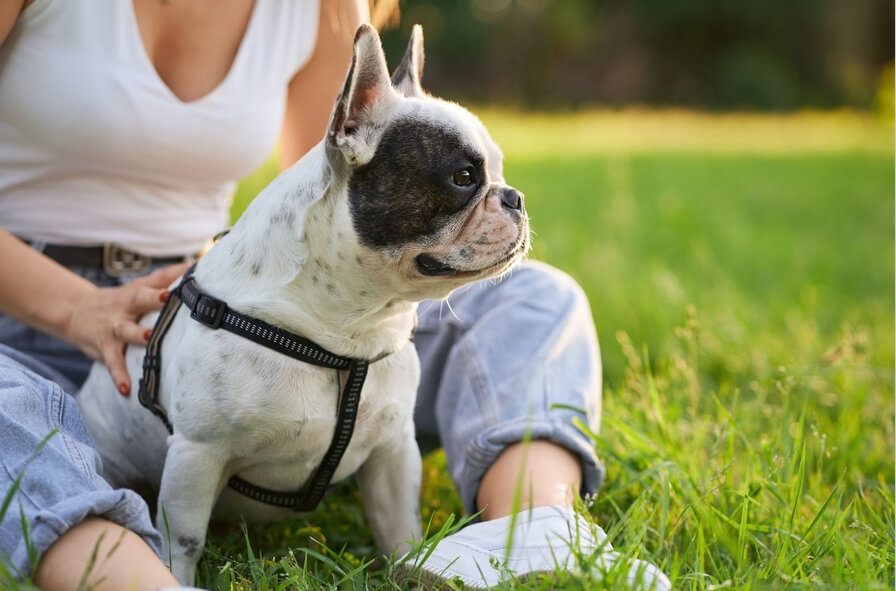
Over-restraining puppies during new experiences can foster fear and mistrust, hindering their curiosity and willingness to engage in future interactions. This approach can also weaken the trust bond between a puppy and its owner, as puppies might interpret their owner’s overprotectiveness as a signal that the world is dangerous.
Advice:
The best approach is to allow your puppy to explore new experiences at their own pace, within the bounds of safety. For example, if you’re introducing your puppy to a new person, let the puppy approach them in their own time rather than forcing a meeting. Ensure the environment is safe for exploration, and avoid places where your puppy might encounter aggressive animals or overly loud noises until they’re more confident
Mistake #8: Lack of Planning
A common mistake in puppy socialization is not planning ahead. Socialization shouldn’t be spontaneous, as unplanned attempts can miss chances for positive learning or expose puppies to stress or danger. Effective socialization considers a puppy’s developmental stage, temperament, and potential risks and benefits of each new experience.
For instance, taking a puppy to a busy market without prior exposure to smaller crowds can be terrifying rather than enriching for them. Similarly, introducing your puppy to other animals without ensuring those animals are friendly and well-behaved can lead to negative encounters that foster fear instead of sociability.
Advice:
To avoid these pitfalls, start with less intimidating experiences and progressively introduce more challenging scenarios. Here is a suggested sequence for gradually introducing your puppy to a wider range of experiences, helping them become well-adjusted and familiar with the broader world.
| Socialization Activity | Details |
| Introduce household noises | Begin with lower volumes and gradually increase to normal levels. This includes the sounds of vacuum cleaners, washing machines, and kitchen timers. |
| Visitors at home | Invite a variety of guests to gently interact with your puppy, helping them become comfortable with new faces in a familiar setting. |
| Meet vaccinated, friendly dogs | Organize playdates with known, well-behaved, and fully vaccinated dogs to provide positive dog-dog interactions. |
| Other pets | If possible, introduce your puppy to other pet species like cats, ensuring the interaction is controlled and safe. |
| Calm outdoor areas | Visit quiet parks or fields during less busy times to allow your puppy to explore nature in a less overwhelming environment. |
| Rides in the car | Take your puppy on short drives to different locations, making the car ride a positive experience with treats and praise. |
| Pet stores | After full vaccination, visit pet-friendly stores to acclimate your puppy to new environments and people. |
| Outdoor cafes | Sitting outside at pet-friendly cafes can expose your puppy to the sounds and sights of people and traffic in a safe manner. |
| Recorded sounds | Play sounds like city noises, other dogs barking, and various background sounds at home to familiarize your puppy with them. |
| Handling | Regularly and gently handle your puppy’s paws, ears, and mouth to get them used to being touched, which aids in future grooming and vet visits. |
| Obstacle courses | Set up simple, safe obstacle courses using household items like pillows and boxes to encourage problem-solving and exploration. |
Conclusion
Puppy socialization requires thoughtful consideration of both common pitfalls and the unique opportunities presented by the environment in which an owner lives. A strategic approach emphasizing gradual introduction to new experiences and tailoring activities to the puppy’s developmental stage and temperament mitigates risks and promotes a positive and enriching socialization process.
We at D for Dog Training understand the importance of a well-socialized puppy for a fulfilling and joyful life together. That’s why our specialized Puppy Socials in the Bay Area are designed with your puppy’s needs in mind, offering a safe, controlled, and positive environment for them to learn and grow.
Join us in embracing the joy and benefits of socializing your puppy and discover the difference that thoughtful, expert-led socialization can make in your lives.
About the Author: Kaajal Tiwary
Kaajal (aka “KT”!) loves puppies and is dedicated to getting new puppy guardians off on the right paw and guiding her students through the tough early days of owning a dog. Her goal? Transforming each bundle of raw puppy energy into the perfect adult companion.

